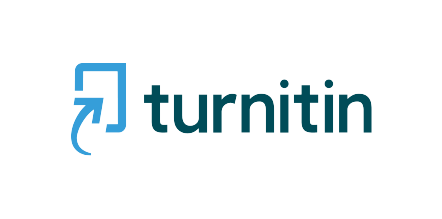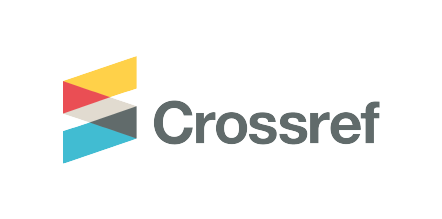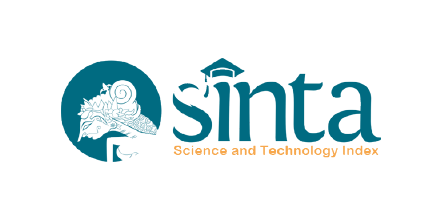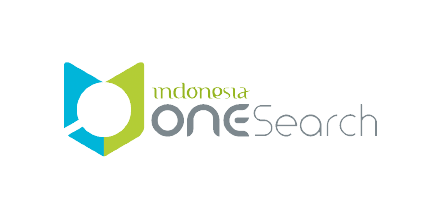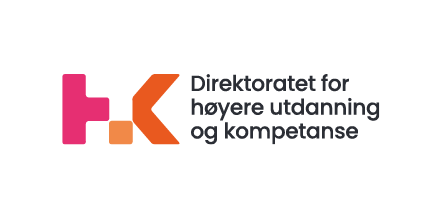Empowering Program as a Special Service for the Poor Parents of Children with Special Needs (CSN)
DOI:
https://doi.org/10.21776/ub.ijds.2019.006.02.13Keywords:
Children with special needs (CSN), CSN parents, empoweringAbstract
Children with special needs (CSN) are individuals who are under 18 years or older whose mental condition is under 18 years and have growth and development problems that require special services, the Government has provided several facilities for CSN as a form of empowerment. However, these services have not yet led to the empowerment of CSN through education on public awareness to understand the needs and potential of CSN. Therefore, an empowerment program through parents is needed as a significant other of CSN. The purpose of this study is to find out the picture if the CSN parent empowerment program is carried out. The method used is through a qualitative approach and action research. The results showed that the CSN parent empowerment program needs to collaborate with various parties by growing trust in CSN parents to maintain commitment in participating in the program.References
Antara (2018), "Surabaya Raih Penghargaan Kota Layak Anak, Risma: Alhamdulillah...",
https://nasional.tempo.co/read/1109949, accessed at Saturday, September 9th 2019, 10.42 WIB.
Blumenthal-Barby, J, 2017. Seeking better health care outcomes. The American Journal of Bioethics, 12 (2), pp.1-10
BPHN (2011), â"UU No. 19 Tahun 2011", https://www.bphn.go.id/data/documents/11uu019.pdf, accessed at Saturday, September 9th 2019, 10.33 WIB.
Cahyu (2017), "Penyandang Disabilitas Masih Belum Sejahtera. Apa Solusinya?", https://www.liputan6.com/news/read/318897, accessed at Saturday, September 9th 2019, 10.34 WIB.
Carman KI, 2013. Parents and family engagement : a framework for understanding the elements and developing interventions and policies. Health Affair, 32 (2), pp. 223-231.
Databoks (2019), "Jumlah Penduduk Indonesia Menurut Kelompok Umur dan Jenis Kelamin (2019)", https://databoks.katadata.co.id/datapublish, accessed at Saturday, September 9th 2019, 10.27 WIB.
Flores, G, 2006. Language barriers to health care in the developing countries. The New England Journal of Medicine, 353 (3), pp. 229-231
Guadagnoli, E and Ward P, 1998. Parent participation in decision making. Social Science and Medicine, 47 (3), pp. 329-339.
Hibbard J and Greene J, 2013. What the evidence shows abotu parent activation: better health outcomes and care experiences; fewer data on costs. Health Affairs, 32 (3), pp. 207-214.
International Labour Organisation, 2011. Inclusion of People with Disabilities in Indonesia.
Kemendikbud (2019), "Kemendikbud Ajak Daerah Tingkatkan Pendidikan Inklusif", https://www.kemdikbud.go.id/main/blog/2019, accessed at Saturday, September 9th 2019, 10.29 WIB.
Kemenpppa (2018), "Membangun Masa Depan Anak Berkebutuhan Khusus", https://www.kemenpppa.go.id/index.php, accessed at Saturday, September 9th 2019, 10.40 WIB.
Lathifiyah, K. (2019), â"Pemkot Surabaya Tambah Fasilitas Publik untuk Penyandang Disabilitas", https://jatimnet.com/pemkot-surabaya, accessed at Saturday, September 9th 2019, 10.28 WIB.
Macionis, J. J, 2008. Sociology. New Jersey: Pearson Prentice Hall.
Maharani, E. (2015), "24 Ribu Penyandang Disabilitas Daftar Dapatkan KIS dan KIP", https://www.republika.co.id/berita/nasional, accessed at Saturday, September 9th 2019, 10.30 WIB.
Prokal (2015), "SLBN PPU Kekurangan Sarana dan Prasarana", https://balikpapan.prokal.co/read/news/17864, accessed at Saturday, September 9th 2019, 10.38 WIB.
Putra, R. I. P. A. & Ardianingsih, F. (2016), "Survey Opini Masyarakat Tentang Anak Berkebutuhan Khusus di Kelurahan Medokan Semampir Kecamatan Sukolilo Kota Surabaya", Jurnal Pendidikan Khusus, page 2-11, Surabaya.
Rachmaningtyas, A. (2013), "Pelayanan kepada lansia & disabilitas belum maksimal", https://nasional.sindonews.com/read/784023, accessed at Saturday, September 9th 2019, 10.34 WIB.
Rafikayati, A. & Jauhari, M. N. (2018), "Keterlibatan Orangtua dalam Penanganan Anak Berkebutuhan Khusus", Jurnal Abadimas Adi Buana, Vol. 02, No. 1, page 55-64, Surabaya.
Republika (2014), "Hak Anak Difabel", https://www.republika.co.id/berita/koran, accessed at Saturday, September 9th 2019, 10.44 WIB.
Safitri, E. (2019), â"ICW Soroti Minimnya Layanan Kesehatan bagi Penyandang Disabilitas", https://news.detik.com/berita/4671739, accessed at Saturday, September 9th 2019, 10.35 WIB.
SUPAS, 2015. Profil Penduduk Indonesia, Jakarta: Badan Pusat Statistik.
Susanto, Elik (2018), Surabaya Raih Penghargaan Kota Layak Anak, Risma: Alhamdulillah.., https://nasional.tempo.co/read/1109949/, accesed at Saturday, 9th September 2019, 12.37 WIB
Suwartono, C. & Widyawati, Y. (2018), "Pengembangan Skala Resiliensi Keluarga dengan Anak Berkebutuhan Khusus", Jurnal Humanitas, Vol. 15, No. 2, page 82-95, Jakarta.
United Nations, 2008. Convention on the rights of Person with Disabilities.
Urosevich, K. (2013), "It Takes a Hui to Raise a Child: A Case for Peer-to-Peer Support for Child Abuse Prevention", Hawaii Journal Med Public Health, Vol. 72, No. 10, page 365-368, Hawaii.
Wikipedia (2019), "Konvensi mengenai Hak-hak Penyandang Disabilitas", https://id.wikipedia.org/wiki/Konvensi, accessed at Saturday, September 9th 2019, 10.31 WIB.
Worldometers (2019), "Indonesian Population", https://www.worldometers.info/world-, accessed at Saturday, September 9th 2019, 10.25 WIB.
World Health Organisation, 2011. Introductory Booklet on Community Based Rehabilitation.
Downloads
Published
How to Cite
License
Copyright (c) 2019 Ardiana Meilinawati

This work is licensed under a Creative Commons Attribution-NonCommercial 4.0 International License.








